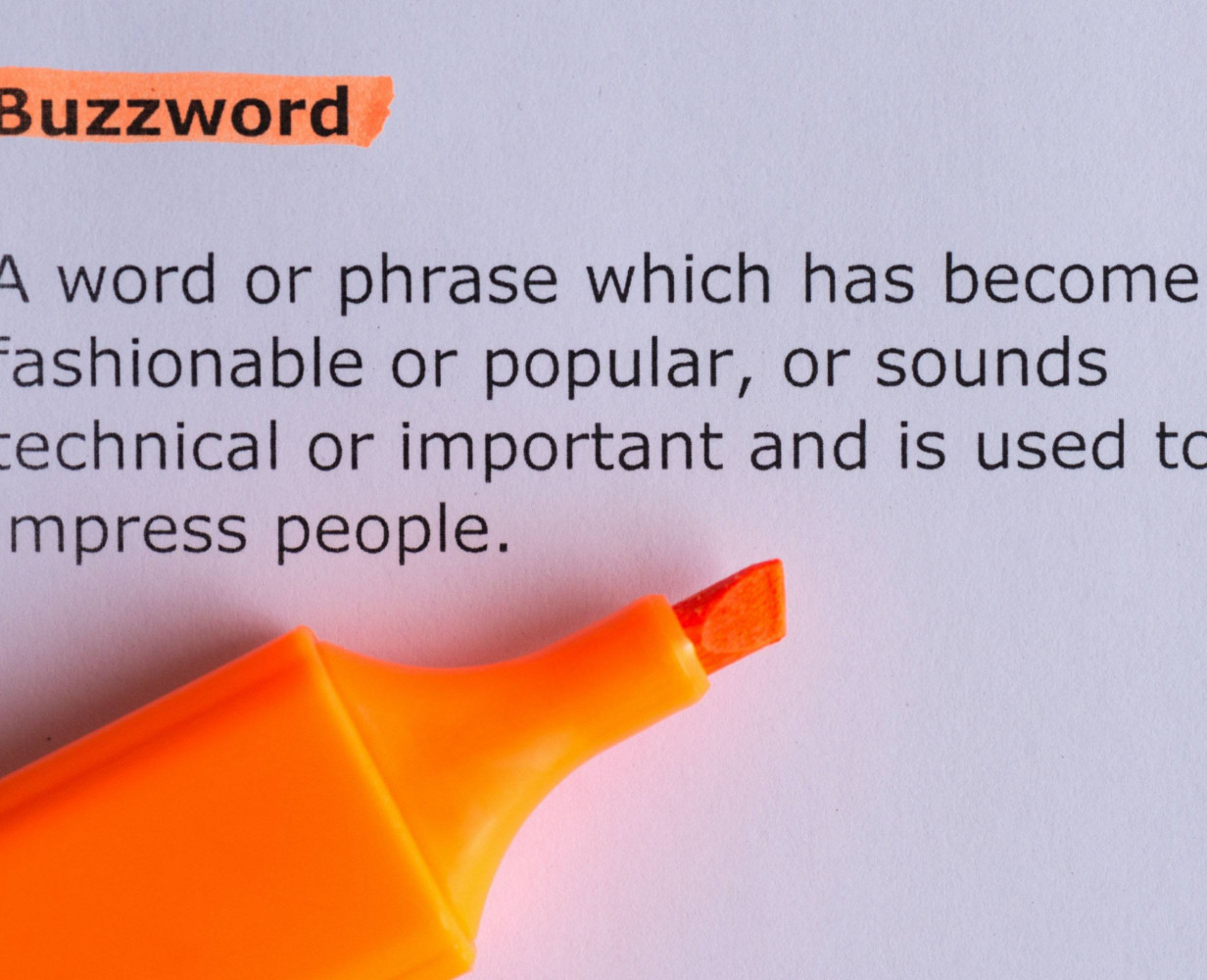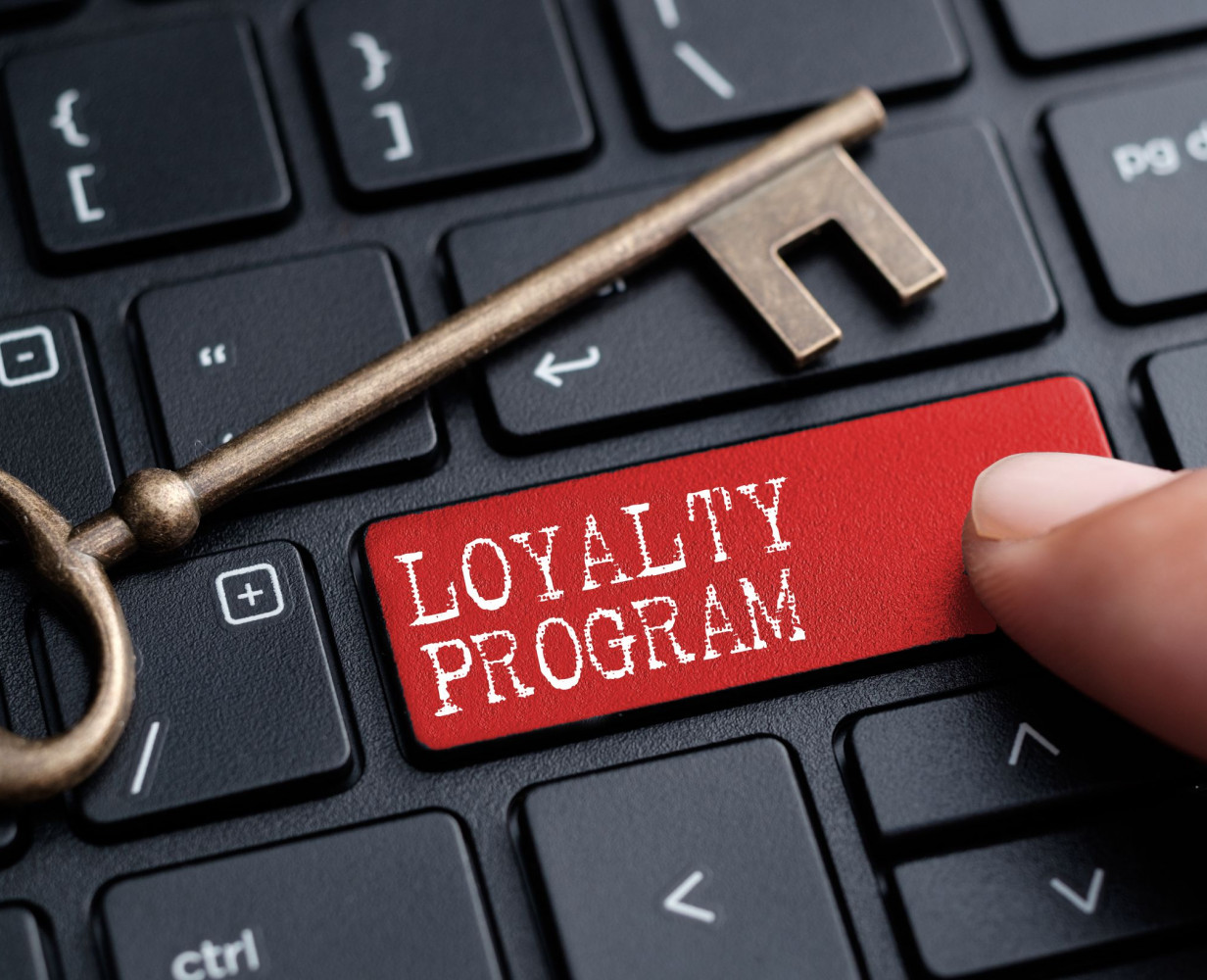If someone had asked you what your marketing strategy was for April a few months ago, I bet it wouldn’t have been centered around your business being shut down or all of your customers being confined to their homes. But that is the nature of crises. They are unexpected and they force you to change your approach or fail trying.
The impact of COVID-19 has been felt across the globe, particularly by small businesses in certain sectors. With the economy essentially paused and significant uncertainty surrounding the timeline for getting the world running again, small business owners are understandably concerned about how best to navigate this period of uncertainty.
However, now is not the time to panic and batten down the hatches. History has proven time and time again that businesses that continue to market through a crisis do better than their counterparts that don’t. There is no doubt that things have changed. The plans you had last month are no longer fit for purpose. But, with a sound strategy in place and a willingness to adapt, you can steer your business through this crisis and even come out the other side stronger than you were going in. With that in mind, let’s take a look at some steps you can take to bolster your business against the coming storm.

Take Stock and Prepare
For a few lucky sectors, everybody staying home actually means a boom in business (let’s just say, it’s a great time to be in the meal kit business). However, for most small or medium businesses, COVID-19 has meant rapid and significant losses. If you are one of the lucky ones, great! You may still need to adjust how you do business, but this article will focus on providing guidance for those that are not thriving under the new circumstances.
-
Focus on Wellbeing
While your first instinct may be to panic, that will not do you or your business any good. Now, more than ever, is the time to ensure that your organization is healthy and taking care of the wellbeing of employees first. Stay in contact with employees, ensure people feel heard, and take care of your own health. You cannot lead an organization through a crisis if you are not looking after yourself.
-
Make Internal Improvements
If your pipeline has dried up, or you are unable to operate in the usual manner, then now is the time to focus on internal improvements. We understand that your first instinct may be to scramble to bring in revenue, but you also have to accept the limitations of your situation. If you plan events, then you are going to have some downtime. But, that doesn’t have to be wasted time. Every business has operational issues that you just couldn’t find the time to address when you were busy. Now is the time to look inwards and evaluate what you have been doing right and what could be improved.

-
Prepare for the “New Normal”
This is connected to the point above. Things will have to change so comprehensively to weather this crisis that it is very unlikely they will return to the same “normal” as before. When the lockdown ends, it is likely that there will be a phasing out period, rather than a hard transition. And, even beyond that, society will have changed. Will people still be wary of large gatherings? Will the reduction in carbon emissions highlight the need for a greener economy? Evaluate what these changes will mean for your business and make adjustments to prepare for them while you have the time.
-
Optimize Where You Can
If you are able to remain in business in some capacity, then it is important to find ways to optimize wherever you can to make the most of your assets. If you are a retail business that is now offering some form of delivery or pickup with online ordering, be sure to spend some time and money optimizing your online presence and shopping experience. Create landing pages that are designed to convert traffic and market that side of your business as much as possible.

Marketing During a Crisis
With a plan in place to manage your business internally, the question becomes how to address marketing during a crisis. Should you even be marketing if you are not open for business? Do you address the situation or just stick to your planned content? What should the tone of your marketing be in the current climate?
These are all valid concerns. One thing is for sure - whether you have more business than ever or you have had to close your doors completely, your marketing strategy will need to change in the face of COVID-19. A sound marketing strategy is a complex and ever-changing thing at the best of times. So, to help you navigate the murky waters of marketing during a crisis, we’ve put together a list of do’s and don’ts to adhere to.
Do
-
Immediately review any scheduled content and ensure that it does not clash with the current climate. There have already been several unfortunate gaffes that could easily have been avoided. Don’t become the next one.
-
Find ways to help. Not for the content or the likes. Just because we will all get through this together. If you are fortunate enough to be able to have a positive impact, no matter how small, then now is the time to do it. The world is watching.
-
Prepare for change. These are uncertain times and changes are coming rapidly and without warning. Your marketing strategy and tone should stay adaptable to survive.
-
Remain true to your core brand identity. Just because the world is changing around you, you do not need to throw the baby out with the bathwater. Adapt as needed, but do your best to keep the longer-term goals in place.
-
Communicate openly with your clients/customers. If your business is impacted by the virus, let your customers know and share your plan to navigate the crisis. If you have been forced to close, then stay in touch and let everyone know that you will be back as soon as this is over.
-
Run social ads if you have something that people need right now. Is one of your products better suited to life in isolation? Then that is what you want to get in front of people right now.

Don’t
-
Position yourself as “part of the solution” if you’re not. If you make medical equipment and are doing work to slow the spread of the virus, by all means share that. If you sell SUV’s, don’t pretend that your brand identity has always been about offering best-in-class air filtration to protect from viruses. Nobody’s buying it.
-
Make light of the situation in your marketing. This is a serious crisis and many people will be negatively affected. You don’t want to be remembered as the brand that cracked jokes if/when things get really bad.
-
Pretend that there’s nothing going on. Your advertising doesn’t need to all center on the crisis, but you can’t just stick to the same strategy you were using before. If half your budget was going to billboards, now might be the time to rethink your strategy.
-
Run ads for products that people aren’t looking for right now. If you sell travel packages or event tickets, now is the time to save your budget and focus on internal issues. Keep your brand out there, but don’t try to get people to buy cruises when nobody knows how long this thing will last.

Summary
There’s no getting around it. The next few months or more are going to be difficult for a lot of people. There is no value in laboring under the illusion that your business can just carry on as usual and “wait this thing out”. However, with every crisis comes opportunity. That doesn’t mean gouging your prices or pivoting to selling toilet paper. It just means that with crisis comes change and change can be a positive if you manage it correctly.
For each business that does not survive this crisis, there will be several that do. By using downtime to reevaluate your processes and finding ways to market effectively during the crisis, you will already be ahead of the curve. With the right guidance and an adaptable marketing strategy, you could even come out the other side stronger than ever before.




